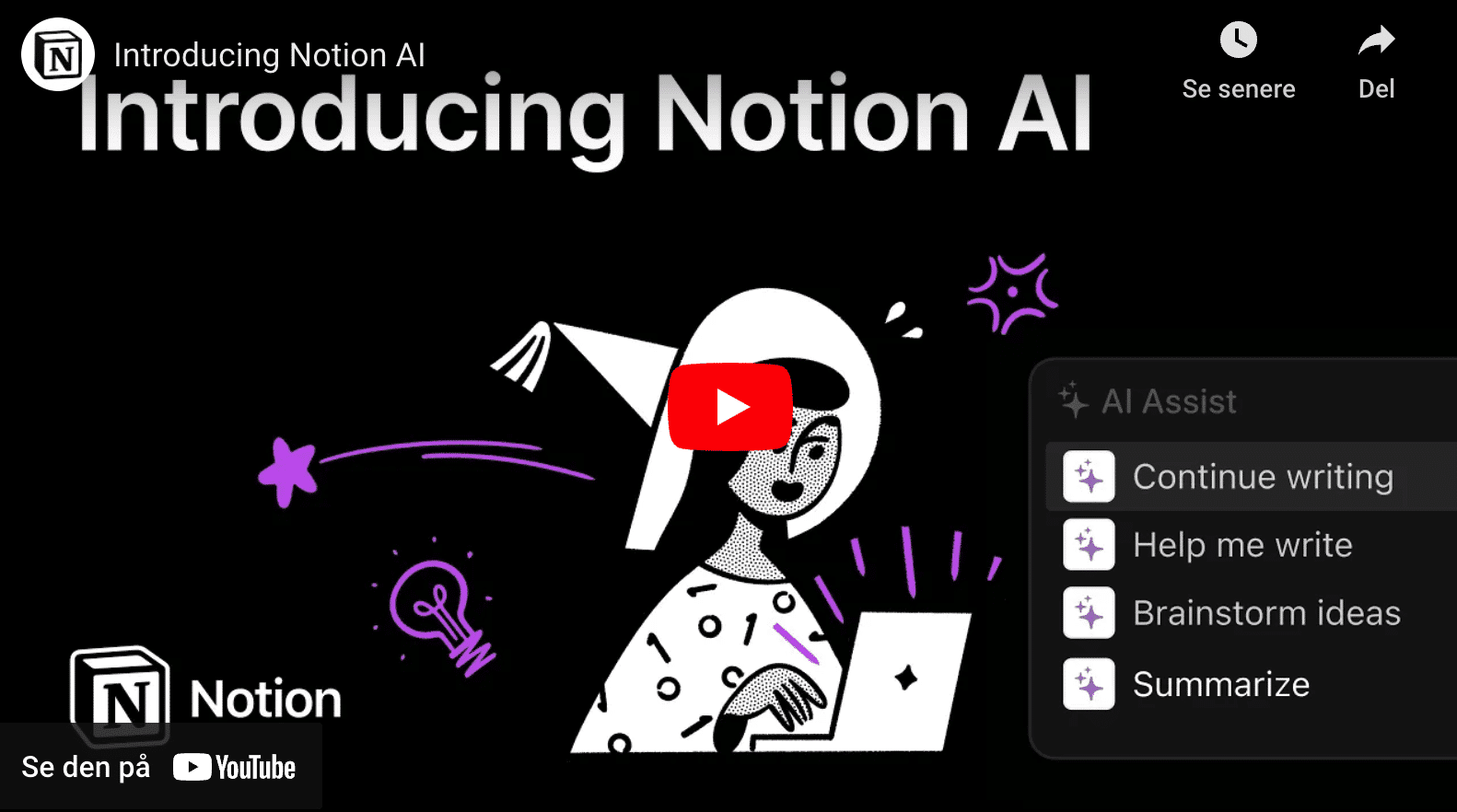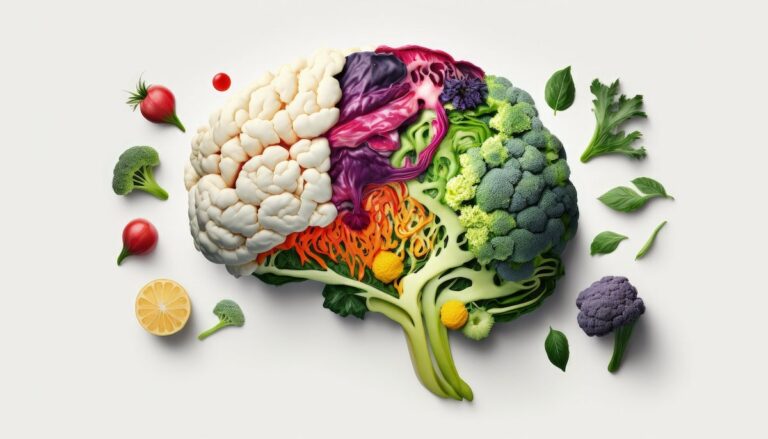Introduction
In today’s technology-driven world, it’s no secret that artificial intelligence (AI) is playing an increasingly important role in the corporate world. AI tools can be a game-changer for businesses, helping with everything from streamlining operations and reducing costs, to providing valuable insights into customer behavior and marketing trends. But for many businesses, knowing where to start can be a challenge. How can you harness the power of AI to streamline your business?
As an entrepreneur, I’ve known this challenge well. When I started my first business, I was full of dreams and ambitions, but I soon encountered the harsh reality of delivering on all the commitments that came with it.
That’s when I realized the power of AI tools. By implementing AI tools like ChatGPT and OpenAI, I was able to streamline many aspects of my business that I couldn’t afford to pay for in terms of services and employees at the time. From generating business plans and marketing materials, to summarizing documents and automating various processes.
In this article, I’ll share my experiences and give you an in-depth overview of some of the best AI tools you can use to streamline your business whether you’re established or just starting out!
See also: Harnessing the power of AI
How AI tools can solve technological challenges

In the modern business world, technological challenges are inevitable. The technological pressure is increasing from all sides – data management, customer insights, operational efficiency, digital marketing.
First, let’s look at some of the most pressing technological challenges facing businesses today:
So, how can AI tools help solve these challenges?
As you can see, in today’s tech-driven world, AI tools aren’t just a luxury – they’re a necessity for any business looking to keep up with technological developments and streamline operations.
Examples of efficiency improvements with AI tools
In my own journey as an entrepreneur, I’ve seen first-hand how AI tools can be a powerful catalyst for efficiency. Two of the tools that have had the biggest impact on my business are ChatGPT and OpenAI. These tools have helped me streamline many aspects of my business, and I’d like to share some of these experiences with you.
These are just a few examples of how AI tools can streamline your business. The key is to find the right tools that best suit your company’s unique needs and challenges.
See also: How to increase productivity with these tools
Pros and cons of AI tools
Using AI tools in your business can bring many benefits, but it’s also important to be aware of potential drawbacks or risks. Let’s take a closer look at these.
The benefits of AI tools
AI tools can provide a range of benefits across different aspects of a business:
Potential drawbacks and risks of implementing AI tools
While the benefits are many, there are also some potential downsides and risks to implementing AI tools in your business:
How can these challenges be overcome? Good planning, sensible budget management, continuous training and a focus on data quality are key. With the right approach, you can maximize the benefits and minimize the risks of implementing AI in your business.
How to choose and implement AI tools
Choosing and implementing the right AI tools is an important decision that can have a huge impact on the efficiency of your business. To help you make an informed decision, it’s important to consider a number of factors. These include the unique needs and challenges of your business, available data sources, the cost of the AI tools, and how they will impact work processes in your business.
In addition, it is also important to ensure that employees have the necessary training and support to use the tools effectively. With the right approach and preparation, implementing AI tools in your business can be a smooth and productive process that delivers significant benefits.
Top 10 AI tools to streamline your business:
1. ChatGPT
ChatGPT, the conversational chatbot created by OpenAI, has generated a lot of enthusiasm among business owners. There are many reasons for this. You can use it to write blog posts, suggest better ways to create emails, analyze your website to improve search results, perform advanced math, create HR policies and a host of other features. You should also try OpenAI’s Dall-E 2 app, which can create images using text commands (such as “a horse standing by a river.”) that can be used in corporate communications or on your website.
See also: What is ChatGPT?
2. Microsoft Copilot
Microsoft owns 49% of OpenAI (and ChatGPT is hosted on Microsoft’s servers), so much of the functionality of ChatGPT will soon be part of the Copilot app. This can already be used with Bing search, but will also be a big part of Office over the next year. You can use Copilot to analyze spreadsheets, create templates, update presentations and even have it participate in Teams meetings on your behalf.
3. Google’s AI Bard
Google’s AI Bard chatbot combines the scale of the world’s knowledge with the power, intelligence and creativity of large-scale language models. It pulls information from the web to provide fresh, high-quality answers, and is able to follow instructions and complete requests in a thoughtful way, answering questions and generating different creative text formats of text content, such as poems, code, scripts, music pieces, emails and letters.
Bard was first announced on 6. February 2023, by Google CEO Sundar Pichai. In May, Google announced that it had moved Bard to PaLM 2, a far more capable big language model, which has enabled many of its recent improvements – including advanced mathematical and reasoning abilities and coding capabilities. Bard is currently available in 46 languages in 238 countries.
4. GitHub Copilot: OpenAI & Microsoft
GitHub Copilot is a generative AI-powered code completion tool that helps developers write code faster. Copilot is available through personal GitHub accounts with GitHub Copilot for individuals, or through GitHub Copilot for businesses.
5. Sensei
Sensei from Adobe brings the power of AI and machine learning to experiences – it deepens insights, enhances creative expression, accelerates tasks and workflows, and drives real-time decisions. Adobe has announced a series of generative AI innovations across Experience Cloud that are redefining how businesses deliver customer experiences.
Adobe Sensei GenAI will leverage multiple major language models (LLMs) within the Adobe Experience Platform, depending on unique business needs. Meanwhile, Adobe Firefly, Adobe’s new family of creative generative AI models, is focused on images and text effects, and is designed to generate content that is safe for commercial use.
6. Generative Design
Autodesk’s Generative Design tool allows users in a variety of industries, from automotive to construction, to quickly generate the most optimal, high-performing design options. It allows designers or engineers to enter design goals into the generative design software, along with parameters such as performance or space requirements, materials, production methods and cost constraints.
Recently, it collaborated with NASA, which turned to AI-powered design tools to create cost-effective, faster and lighter structures to assist with space exploration.
7. Synthesia
Synthesia was founded in 2017 by a team of AI researchers and entrepreneurs from UCL, Stanford, TUM and Cambridge. Their mission is to empower everyone to create video material – without cameras, microphones or studios. Using AI, the company is radically changing the process of content creation and unleashing human creativity for good.
Their tools enable businesses to turn text into high-quality videos with AI avatars and voiceovers – in over 120 languages. This can help with creating training videos, customer onboarding videos, sales videos and more.
8. AutoGPT
AutoGPT is an open-source AI program that generates human-like text, without any given input. It channels the GPT-3.5 and GPT-4 models to give itself instructions and perform tasks autonomously.
AutoGPT can perform a variety of jobs by creating human-like text responses in the absence of specific instructions. The system uses unsupervised learning to understand the underlying patterns in the language to generate coherent text. What’s more, Auto-GPT is a highly adaptable program with a wide range of uses, including content production and complex coding projects.
9. Notion AI
Notion AI is a connected assistant that helps you think bigger, work faster and improve your creativity, right inside the functional workspace you’re already familiar with. If your day involves reading documents, writing content or taking notes, Notion AI can make you more efficient.
10. Midjourney
Midjourney is a generative artificial intelligence program and service created and hosted by the independent research lab Midjourney, Inc. based in San Francisco. It generates images from natural language descriptions, called “prompts”, in a similar way to OpenAI’s DALL-E and Stable Diffusion.
Summary
New tools are coming at record speed. It’s impossible to keep up. What’s certain is that no matter what industry you’re in. So there are already many host tools you don’t know about that can streamline your business or increase your likelihood of success in the business world.
There are many challenges for businesses and business environments to change. Especially in larger organizations that have difficulty turning around or making change in a short period of time. Therefore, it is crucial that organizations that are struggling to adapt employ or hire relevant and necessary manpower in the form of a CAO (Chief Artificial Intelligence Officer) to focus on efficiency improvements with the help of AI and artificial intelligence.









